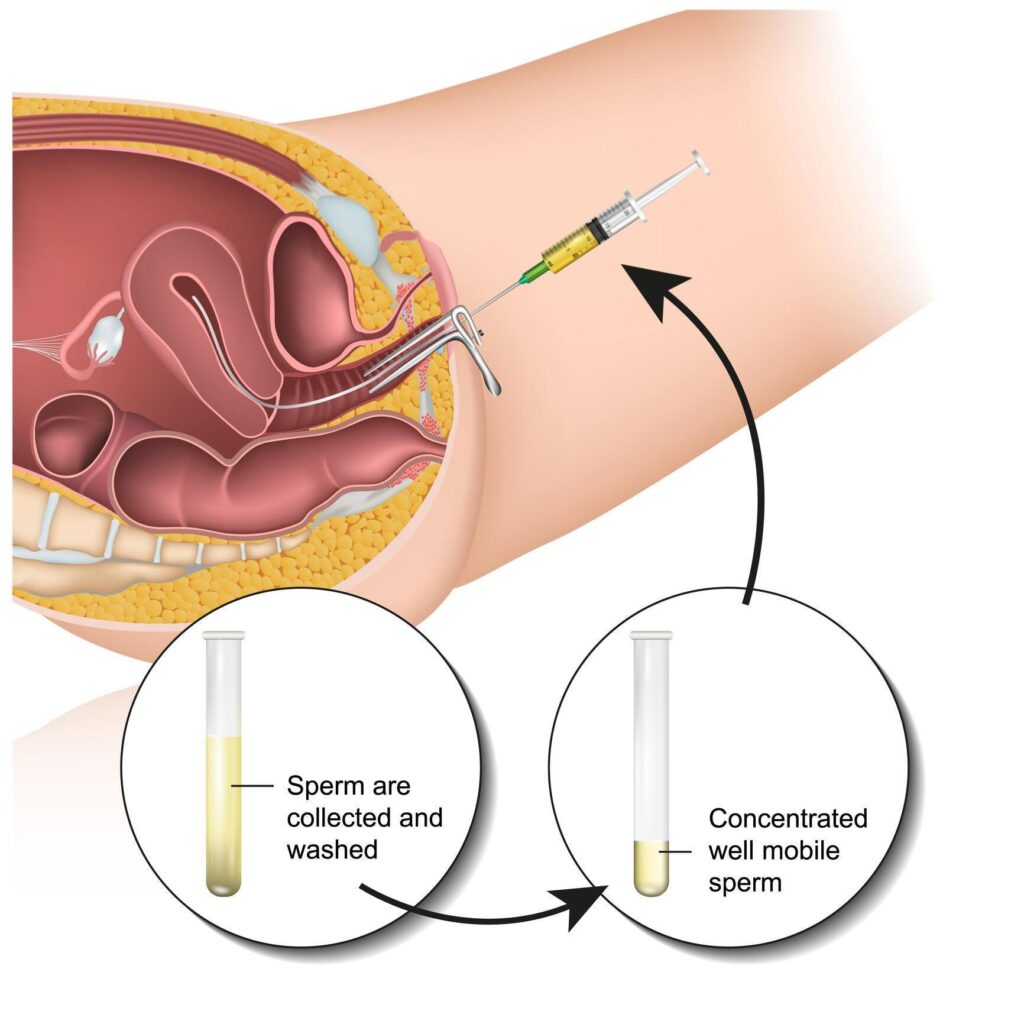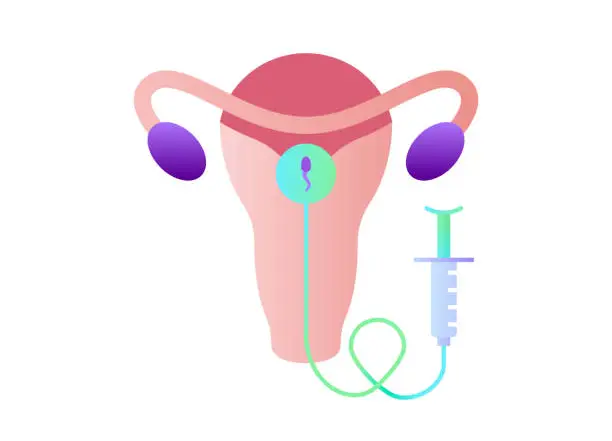What is IUI treatment?
In Intrauterine Insemination (IUI) fertility treatment the sperm is collected and washed to concentrate the healthiest ones, which are then inserted through a thin catheter near the time of ovulation. By placing the sperm closer to the fallopian tubes, the journey is shorter. IUI is often recommended for couples with low sperm count or less motility of sperms, cervical mucus issues, or for those using donor sperm. Medical professionals typically recommend IUI as an initial step before moving on to more complex and costly fertility procedures.
Though IUI is generally very safe but sometimes possesses small risks such as the risk of multiple pregnancies when fertility drugs are used.
When to opt for an IUI treatment?
Intrauterine insemination (IUI) is a fertility treatment done for a variety of reasons. It is opted for by individuals and couples facing challenges with conception. Many opt for IUI due to infertility issues, they use IUI with donor sperm to commence family planning. IUI is recommended by medical professionals in the following situations:
- Cervical issues:
If cervical mucus has any issues or is thicker than usual then the condition may prevent sperm from reaching the egg. IUI bypasses the cervix by placing sperm directly into the uterus.
- Low sperm count or poor sperm quality:
Semen analysis reveals issues such as low count or weak mobility of sperm.
- Donor sperm use:
For those whose partner has no viable sperm, IUI provides the liberty of conception using donor sperm through a process called donor insemination (DI).
- Ejaculation or erection difficulties:
IUI also looks after premature ejaculation issues or conditions where there is difficulty in maintaining an erection.
- Unexplained infertility:
Even when infertility’s real cause is not identified, IUI may be recommended as a starting treatment to enhance the chance of conception.


